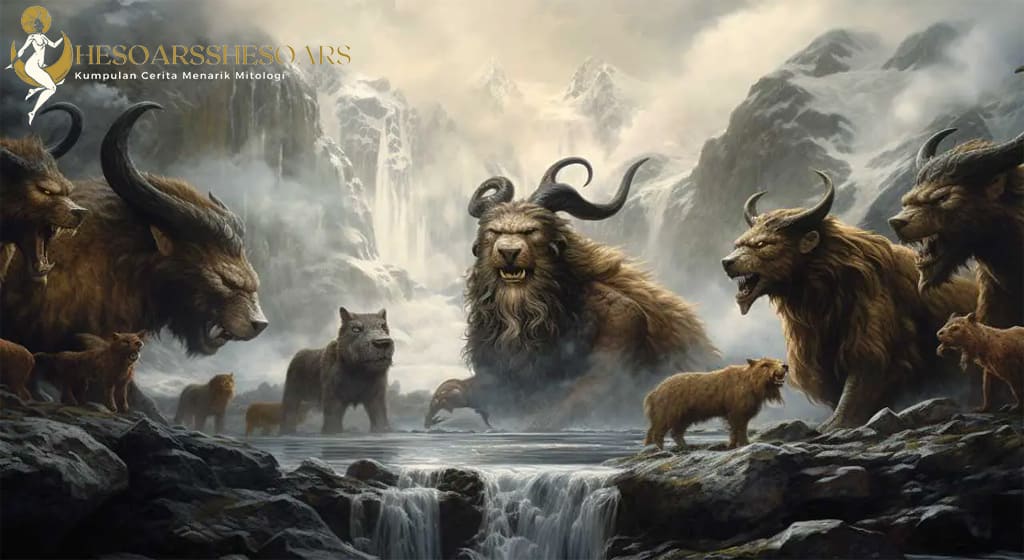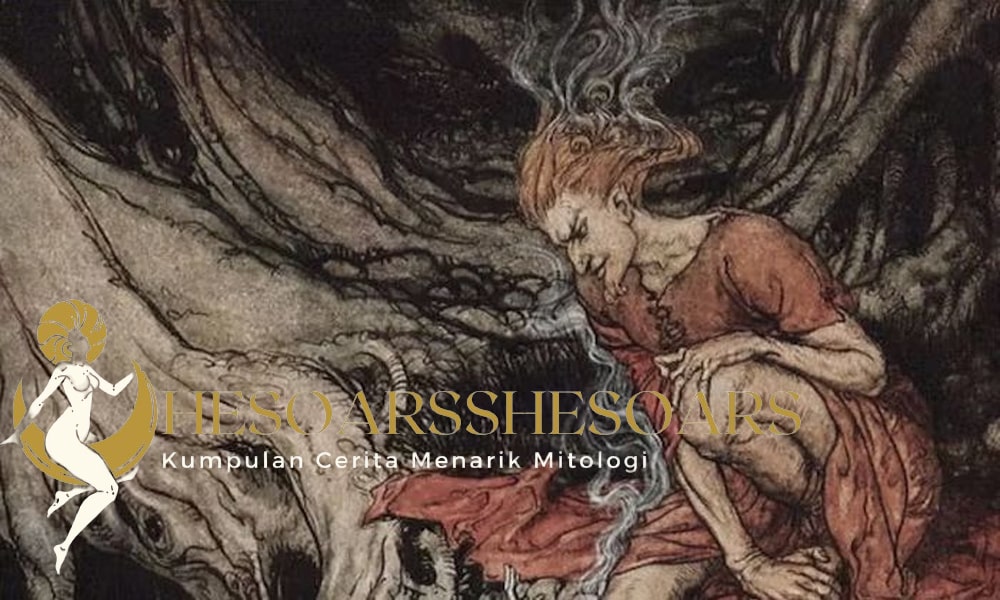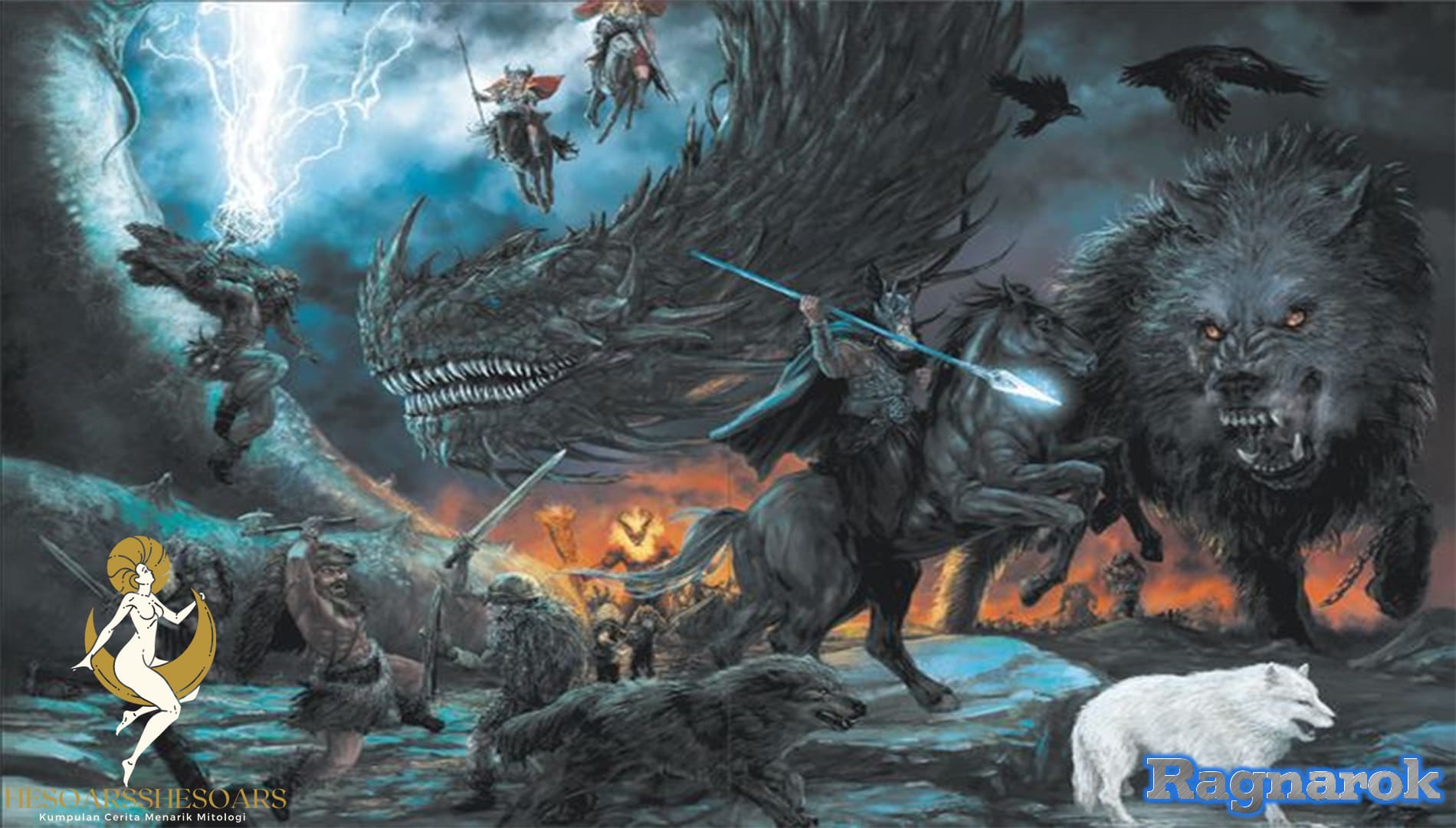Introduction
Norse mythology, a realm Legendary Norse rich with gods, heroes, and an array of mythical beings, has captivated the human imagination for centuries. In this deep dive, we explore the mysterious and awe-inspiring creatures that roam this ancient mythological landscape, uncovering their stories, significance, and the enduring legacy they hold.
The Roots of Legendary Norse Mythology
They reveal a world where natural, supernatural, and divine elements intriguingly intermingle. In this mythological world, realms like Asgard and Midgard connect through Yggdrasil, the great cosmic tree. The myths cover creation, the roles of gods and goddesses, and the eventual destruction of the world, known as Ragnarök.
The Pantheon of Norse Gods
At the heart of Norse mythology are the gods and goddesses, each with their unique stories and attributes. Odin, nordic mitology, the Allfather, is the wise and cunning ruler of Asgard. Thor, the god of thunder, is renowned for his mighty hammer and battles against giants. Loki, the trickster god, is known for his cunning and complex nature, often causing trouble for gods and mortals alike. Freyja, the goddess of love and war, adds a dimension of feminine power to the Norse pantheon.
These gods often interact with various mythical creatures, some of which are their offspring, others their allies or enemies. Their relationships with these beings are central to many Norse myths, highlighting themes of power, loyalty, betrayal, and the struggle between order and chaos.
Legendary Norse Creatures
- Fenrir, the Monstrous Wolf: Born to the god Loki and the giantess Angrboða, Fenrir is a wolf of immense size and strength. The gods, fearing his power, attempted to bind him, leading to the loss of the god Tyr’s hand.
- The Valkyries: Serving Odin, the Valkyries are warrior maidens who choose the slain warriors worthy of Valhalla. They represent the connection between life and the afterlife, and the honor bestowed upon fallen warriors.
The Norns: Shapers of Destiny
The Norns, Urd, Verdandi, and Skuld, dwell at the base of Yggdrasil, actively shaping the destinies of gods and mortals. They embody the concepts of past, present, and future, respectively, and their actions reflect the Norse belief in the inevitability and complexity of fate.
The Dwarves: Master Craftsmen of the Mythical World
The Dwarves, renowned for their unparalleled craftsmanship, play a crucial role in Norse mythology. They create many of the gods’ powerful artifacts, including Thor’s hammer, Mjölnir. Their stories emphasize the Norse respect for skill, craftsmanship, and the hidden powers of the earth.
The Elves: Mysterious Denizens of the Legendary Norse World
The Elves, or Álfar, embody elegance and mystery. Their tales explore themes of beauty, nature, and the subtle interplay between light and darkness.
The Legacy and Influence of Legendary Norse Mythology
Norse mythology has left an indelible mark on modern culture. From Richard Wagner’s operas to Marvel’s Thor, these myths have been adapted and reimagined, resonating with new audiences and continuing to inspire creators and storytellers.
Conclusion
Norse mythology’s legendary creatures, from the fearsome Fenrir to the elegant Valkyries, enrich its folklore. These beings offer insights into the Norse worldview and continue to fascinate people worldwide, their stories echoing across time and culture.




